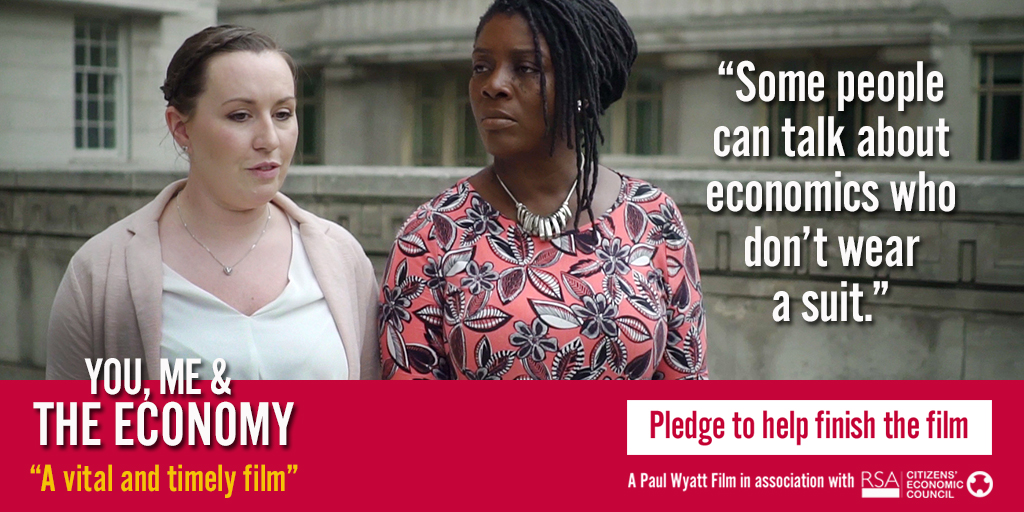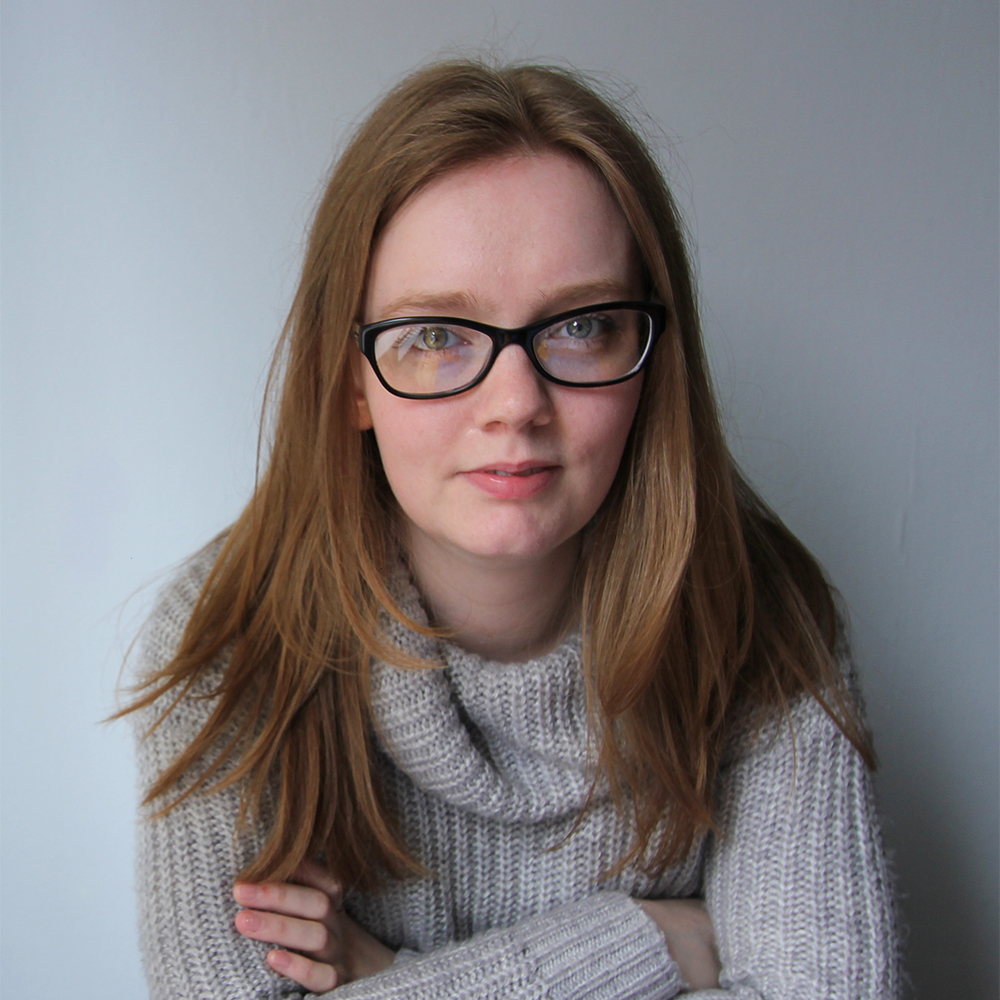The analysis of economies will only improve when women are better represented in economics.
Economics is an odd subject. It resides at a bizarre intersection between the humanities - incorporating history, politics and philosophy - and science. Its methodologies are mostly mathematical, yet the subject itself touches on topics that are inherently human. While most think of economics (or its distant cousin, finance) as a highly technical subject, there is no escaping the fact that most economic choices are made by people, not robots. People buy telephones, chocolate bars, and insurance. Without a grasp of history or culture, we have no grasp of economics.
It is thus unsurprising that economics is often overlooked in the world of STEM (science, technology, engineering and maths). When it comes to science accolades, economics comes behind other disciplines: while there is technically a Nobel Prize in economics, it isn’t an “official” award like the Physics or Medicine prizes. Economists themselves often deride the idea of economics being purely science: Friedrich Hayek famously ridiculed the Nobel Prize on the grounds that economists understand little about the world. He said it would be dangerous to award individual economists for this reason.
He wasn’t wrong. But economics could be seen as having the worst of both worlds: it is supposedly too “soft” to qualify as a science, yet too maths-heavy to be widely accepted or understood. The public perceives economics to be steeped in incomprehensible jargon and abstract maths models. When I was an undergraduate, I grew tired of the usual response to my degree subject: “oh, I couldn’t do that, it sounds so tricky.”
Later, I would come to refer to this as the Men in Grey Suits problem: the perception of economics as a maths-heavy subject leads many to believe economics is a topic only studied (or possibly understood) by Men in Grey Suits. This perception deters the unsuited of the world from studying economics.
In no demographic is this deterrent more pronounced than that of women. In the US, a mere 13 percent of academic economists are women; in the UK, this figure is only slightly higher, at 15.5 percent. And just one Nobel Prize has been awarded to a woman, Elinor Olstrom in 2009.
The reality is that men dominate the study of economics. But for a subject that is really an intersection between the humanities and maths, the lack of female voices has an especially harmful effect.
This harm stems from the difference in emotional intelligence between men and women.
Men have, on average, lower emotional intelligence than women. Multiple studies have demonstrated that women perform significantly better at emotional intelligence tests than men. A 2006 study of approximately 1000 participants at the Universities of Malaga and Yale found women obtained significantly higher emotional intelligence scores than men. In 2014, a team of researchers at Cambridge University found that, on average, women use networks in the brain associated with cognitive empathy and emotional empathy more than men. No matter the measure, women are routinely shown to be more empathetic than men.
This naturally raises the question of whether nature or nurture (or a mix) is responsible for differences in emotional intelligence. Societal stereotypes and biases will lead some caregivers, for example, to give young girls toys with more of a “caring” focus - say, toy bears to hug, or nurse play sets - and boys’ toys with a more “uncaring” focus, such as guns or tanks. This may account for differences in emotional intelligence in adulthood.
Whatever is the case, many economic decisions are based on emotions. Financial traders who pull out of a market, fearing it is about to crash, are making a decision based in part on numbers but also on their emotional instinct. Sometimes, this emotional instinct can generate bad outcomes. John Maynard Keynes came to refer to one instance of this phenomenon as the paradox of thrift: during financial downturns, people mostly save money instead of spending it. This can worsen the duration and severity of the financial downturn. If we all behaved like robots, we’d surely spend in times of crisis.
It is clear that economists must conduct their analyses with emotions in mind. This should give women economists an edge men simply do not have. We need to understand emotions to understand markets - so who better than those with high emotional intelligence?
It doesn’t seem a coincidence that improved female representation - with its accompanying empathy - in economics and business leads to positive outcomes. A 2016 study of 22,000 companies by the Peterson Institute in Washington, DC found that increasing the number of women in senior management positions of a company increases its profitability. Companies with 30% female executives improve their profitability by as much as 6%, compared to those with no women. Everyone benefits when women have their economic voices amplified.
The analysis of economies will only improve when women are better represented in economics. Drives to recruit women are not tokenism: it isn’t representation for representation’s sake. Women improve economies. They even safe-guard against crises.
While there were many contributory factors to the 2007 crisis, one of its causes was irresponsible trading based on complex economic models. An over-reliance on the types of models economics is renowned for – which are cold, unfeeling and abstract - generates more harm than good. By failing to take account of the emotional side to a subject that is driven by gut instinct and herd behaviour, they fail in their predictions, which led to the 2007 downturn. The more women there are in finance, therefore, the less likely there will be these sorts of economic disasters.
Economists must understand the people they attempt to analyse. They must have empathy, and emotional intelligence, beyond the coveted arithmetic. And yes, that means broadening the academic economics community beyond Men in Grey Suits. The subject needs women’s voices: only when these are heard will economics be able to have a true, emotional, understanding of economic trends and events. Because economics is the study of human problems. It just needs women to solve them.
Frances Weetman is the inaugural winner of the New Statesman & Virago prize for Politics and Economics, and author of Whose Model is it Anyway? She is currently establishing a democratic education film project, The Germinal, to encourage young voter turnout.
Frances has been showing her support for the Citizens’ Economic Council documentary You, Me and the Economy which with the RSA’s support FRSA Paul Wyatt is running a Kickstarter campaign for. You can support Paul’s the campaign here: http://kck.st/2FdYtTS


Join the discussion
Comments
Please login to post a comment or reply
Don't have an account? Click here to register.
Interesting and true, but most bank trading rooms aren't interested in emotional intelligence but in short-term selfish material gain so probably don't really want women to be involved. It seems to be a testosterone (and often alcohol and cocaine driven culture). Still it would be better if it were different.